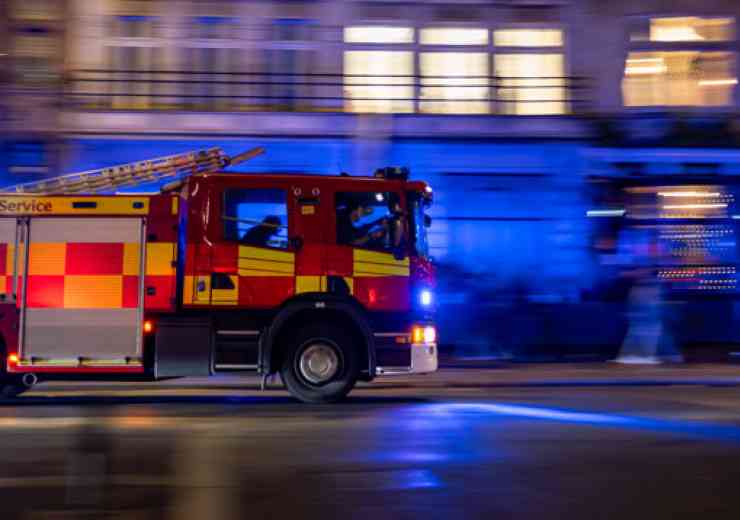Transport nodes represent easy to access targets for terrorists
Pool Re has examined the evolving threat to the public transport sector from terrorism, and warned that public transport nodes represent easy to access targets for terrorist actors using low complexity methodologies, making them a possible target for future attacks.
As noted by Counter Terrorism Policing in April, the easing of lockdown measures could provide a greater opportunity for terrorists to operate, potentially leading to a surge in attacks, exacerbated by increased radicalisation during the pandemic.
Public transport nodes, which have long been a favoured target of terrorists across the world, will be some of the first crowded places to return.
A terrorist attack against public transport infrastructure can have short-term negative impacts of local economies and public confidence. Pool Re says that the threat to the sector mainly stems from Islamist actors, although violent dissident republicans and elements of the far-left have shown some intent to target public transport infrastructure.
The report finds that it is likely that terrorists will continue to mostly utilise low sophistication methodologies, such as bladed weapons, in attacks on public transport, because they are quick to plan, easy to execute and hard to prevent. However, more sophisticated methodologies, such as bombings, cannot be ruled out for terrorists seeking to cause mass casualties.
Terrorist attacks on public transport can have wider ranging effects than just property damage and business interruption. An attack can lower public confidence in using public transportation immediately following an event and this can have economic impacts beyond the sector. The current Protect Duty consultation may lead to greater responsibilities being placed on owners and operators and those businesses that operate around transport hubs, requiring them to do more to understand and mitigate the threat of terrorism to their operations and businesses.
Importantly, Pool Re says that resilience against terrorism within the sector varies greatly. Major train stations in urban areas are better secured against suburban or rural areas. All but the largest bus stations are generally less well secured.






















